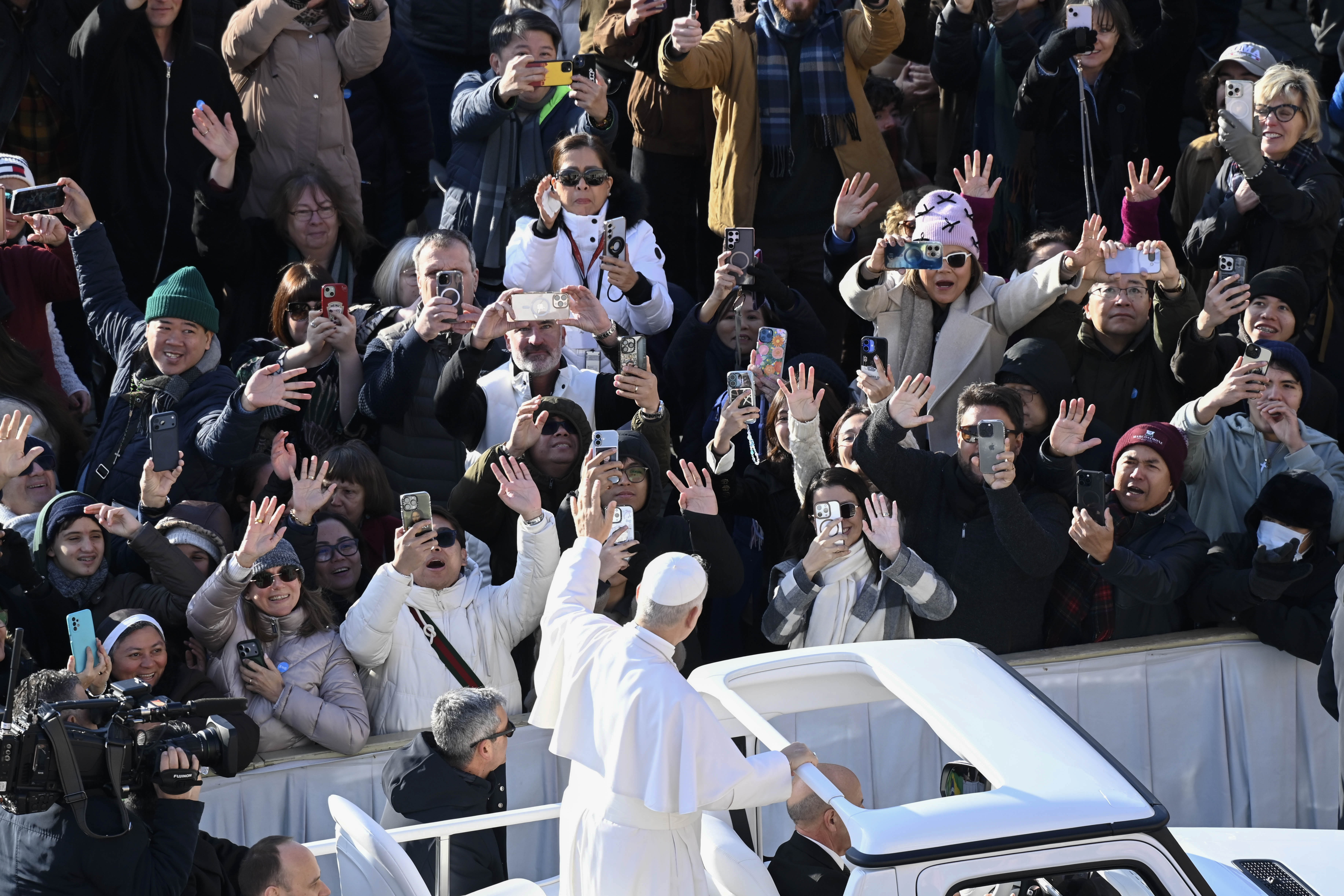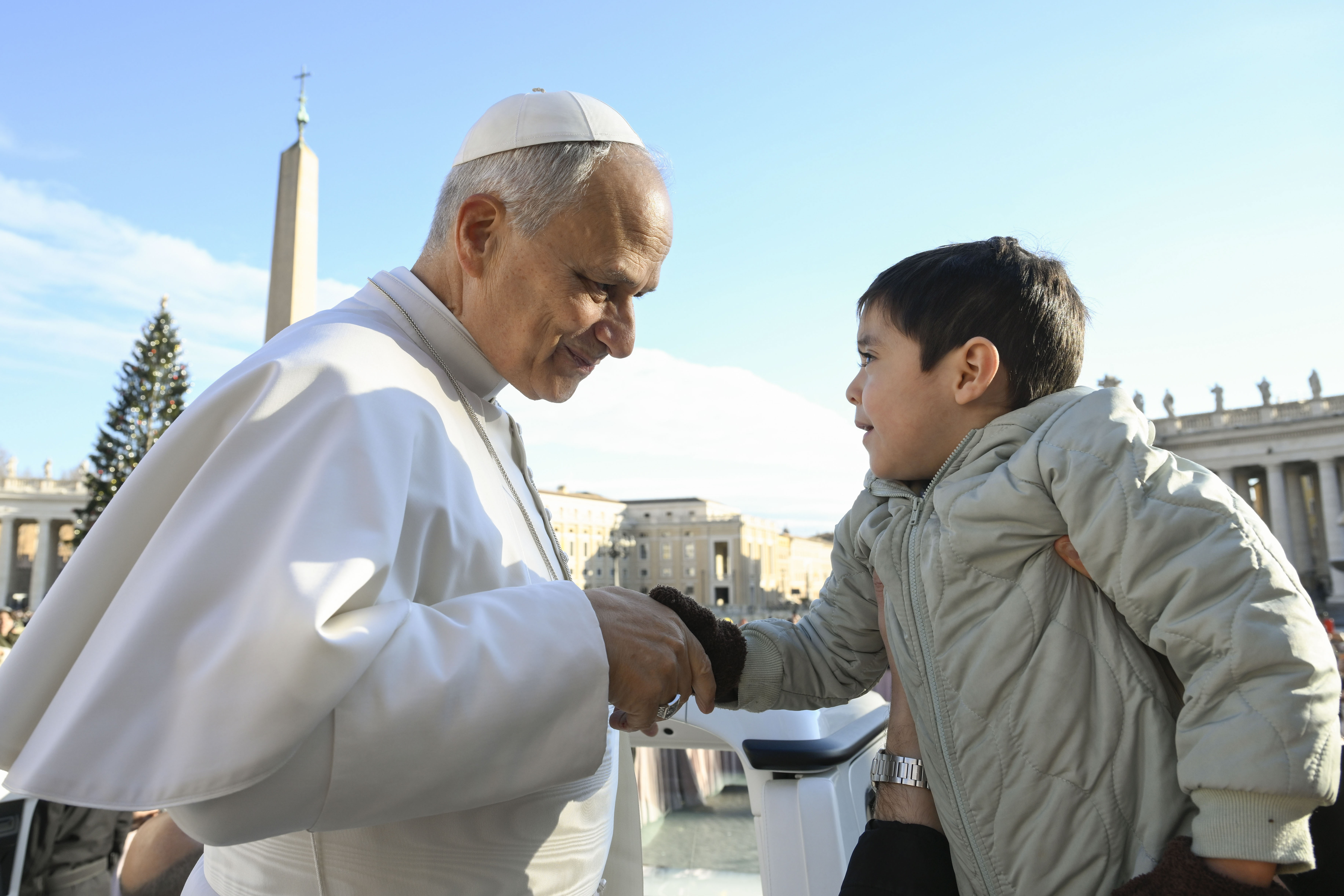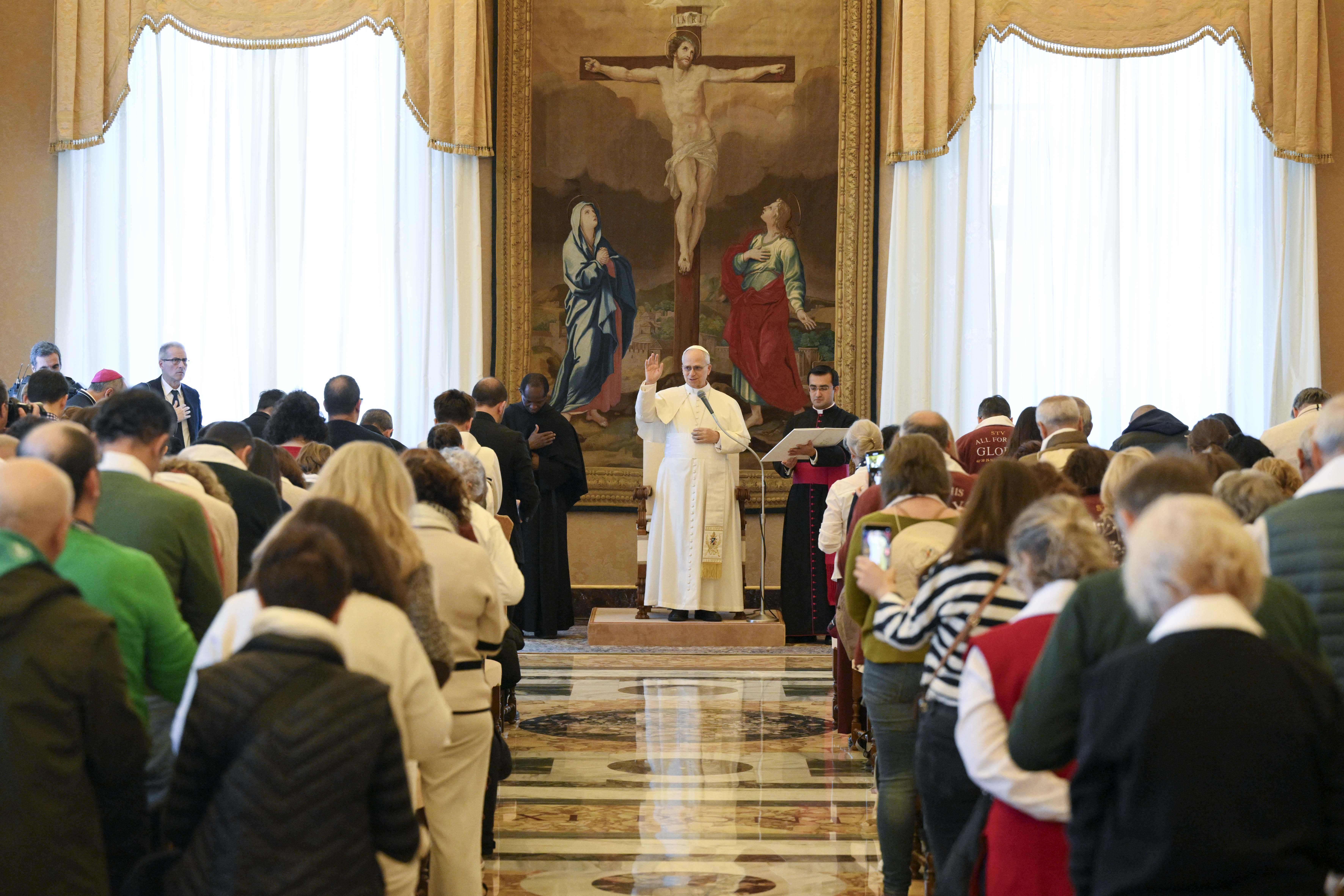 Credit: Wirestock Creators/Shutterstock
Credit: Wirestock Creators/Shutterstock
Dec 31, 2025 / 16:00 pm (CNA).
On New Year's Eve, Dec. 31, and the first day of 2026, the Catholic Church offers the opportunity to obtain plenary indulgences as a sign of God's mercy and the desire for the sanctification of all her members.
A plenary indulgence is remission before God of the temporal punishment due to sins whose guilt has already been forgiven.
Indulgences on Dec. 31
On the eve of the solemnity of Mary, Mother of God, the Church grants a plenary indulgence to those Christian faithful who publicly recite the "Te Deum," thanking God for the year that is ending. This blessing is extended especially on Dec. 31.
To recite the "Te Deum," click here.
Indulgences on Jan. 1
Likewise, on Jan. 1, the solemnity of Mary, Mother of God, a plenary indulgence is granted to those who publicly recite the hymn "Veni Creator," imploring blessings for the new year that is beginning.
To recite the "Veni Creator," click here.
Additionally, those who devoutly receive the papal blessing "urbi et orbi" ("for the city and for the world"), either through radio, television, or the internet, as well as those who devoutly receive the blessing of the bishop of their diocese, will also be able to obtain these special blessings from the Church.
Conditions to obtain a plenary indulgence
In addition to performing the specific work mentioned above, the following conditions must be met:
First, it is necessary to be detached from all sin, even venial sin.
Second, one must make a sacramental confession, receive Communion, and pray for the pope's intentions. These conditions can be met a few days before or after carrying out the action prescribed to obtain the indulgence, but it is suggested that Communion and prayer be performed on the same day that the action is carried out.
It is important to note that several indulgences can be obtained through a single confession, although frequent participation in the sacrament of reconciliation is recommended in order to deepen one's conversion and purity of heart.
As for receiving Communion and praying for the intentions of the Holy Father, it should be noted that with just one Communion and one prayer, made on the same day, a plenary indulgence is obtained.
Finally, the condition of praying for the intentions of the supreme pontiff is fulfilled by reciting one Our Father and one Hail Mary. However, each Christian is given the right to use any other formula according to his personal piety and devotion.
What is a plenary indulgence?
A plenary indulgence is a grace granted by the Catholic Church through the merits of Jesus Christ to remove the temporal punishment due to sin.
It is not a forgiveness of sin but the remission of punishment for sins already forgiven. It may apply either to oneself or to souls already in purgatory.
In order to obtain a plenary indulgence the faithful must — in addition to being in the state of grace — both have the interior disposition of complete detachment from sin (even venial sin), have sacramentally confessed their sins and received the Eucharist (either within or outside of Mass), and must pray for the intentions of the Holy Father.
The conditions for a plenary indulgence can be fulfilled a few days before or after performing the actions specified to gain the indulgence, but it is appropriate that Communion and the prayer take place on the same day that the work is completed.
This story was first published by ACI Prensa, CNA's Spanish-language news partner. It has been translated and adapted by CNA.

























